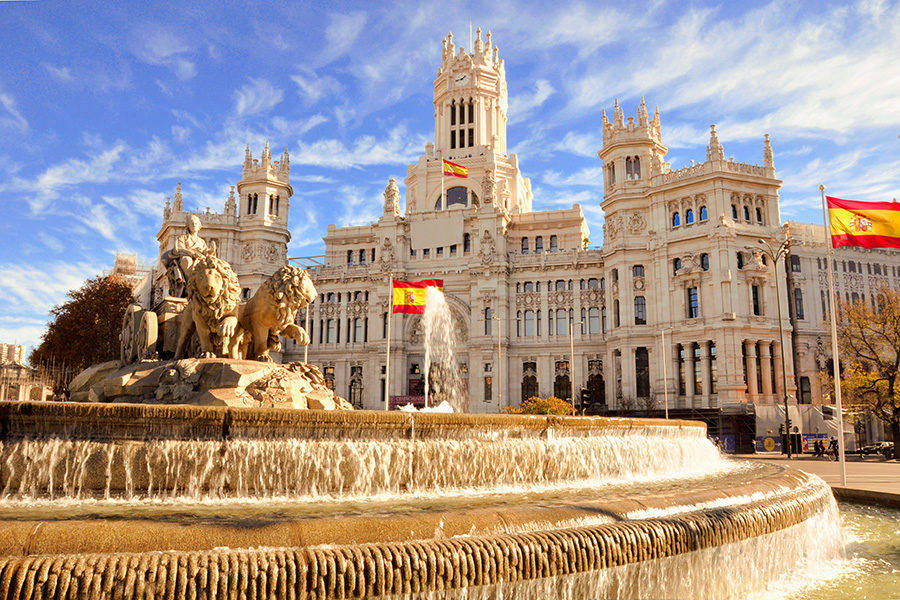Spain approves new responsible gambling decree

The Council of Ministers has approved more than 30 new measures in the royal degree on safer gambling.
Spain.- The latest royal decree on gambling has been approved by Spain’s Council of Ministers, bringing 30 new responsible gaming measures into law. The Royal Decree of the Development of Safer Gaming Environments had been proposed by the Ministry of Consumer Affairs and follows last year’s decree that introduced new advertising restrictions.
The decree has a notable focus on young people aged between 18 and 25, which the ministry says are more vulnerable to inappropriate messages about gaming. However, it includes measures for all gamblers.
Measures include the definition of risk profiles based on consumer spending. A player will be considered an intensive gambler if they accumulate a net loss of €600 (€200 for those aged under 25) over three consecutive weeks. There will be a range of requirements for dealing with such players.
Operators will have to send warning messages when they detect potentially harmful behaviour and must provide a monthly summary of gaming activity. Meanwhile, they will be prohibited from sending promotional material to such intensive players and they must not include them in VIP programmes.
Players with this risk profile will also be banned from using credit cards to gamble. If at-risk players do not respond to an operator’s attempt to communicate within 72 hours, the operator must suspend the player’s account.
Meanwhile, gambling operators will not be allowed to send promotions to any people aged 18 to 25 if they have not previously interacted with the business. Younger players must also be shown a message telling them that gambling at an early age is associated with an increased risk of developing unsafe gambling behaviour.
Other measures introduce new protections for those who request safer gambling restrictions on their accounts or register on the new national self-exclusion register.
The rules are expected to come into effect in around six months’ time. Operators that fail to comply with the new measures could be fined up to €1m and could have their licence suspended for six months. For serious infractions, the fine could be as high as €50m, and the operator could lose its licence.
Spanish online gaming association response
JDigital, the association of Spanish online gaming licensees, has criticised the decree, noting that the industry was already highly regulated. It said it would “continue to reach out to the regulator to address the creation of safe environments for online gambling in Spain in the most efficient way possible”.
It said: “We consider that this royal decree responds to the tendency of the national regulator to regulate activities that are already hyper-regulated, in which the measures and good practices of operators have already contributed to truly secure environments and frameworks.”
It added that regulation should not be “an obstacle sending political, confusing and alarmist messages to society, about a perfectly safe sector, according to government data and in comparison with neighbouring countries, that’s already been battered after the implementation of the royal decree on Commercial Communications.”
The Spanish gambling regulator, the DGOJ, reported that Spanish gross gambling revenue (GGR) hit €240.83m in Q3 2022. That’s a rise of 31.29 per cent year-on-year and 18.08 per cent quarterly.
Player deposits and withdrawals rose by 26.72 per cent and 24.85 per cent year-on-year and varied by +4.60 per cent and -8.70 per cent quarterly. Marketing spending increased by 7.79 per cent compared to the previous quarter and new accounts decreased by 4.01 per cent.
The €240.83m of GGR was distributed as follows: €89.04m in betting (36.97 per cent); €3.68m in bingo (1.53 per cent); €127.95m in casino (53.13 per cent), €0.03m in contests (0.01 per cent) and €20.14m in poker (8.36%).











